RFK Jr. has pledged a whopping $5 billion in reparations to Black farmers should he clinch the presidency in 2024.
This campaign promise is aimed at correcting past injustices in the agricultural sector, particularly against Black farmers who have faced discrimination.
The Backdrop of the Promise
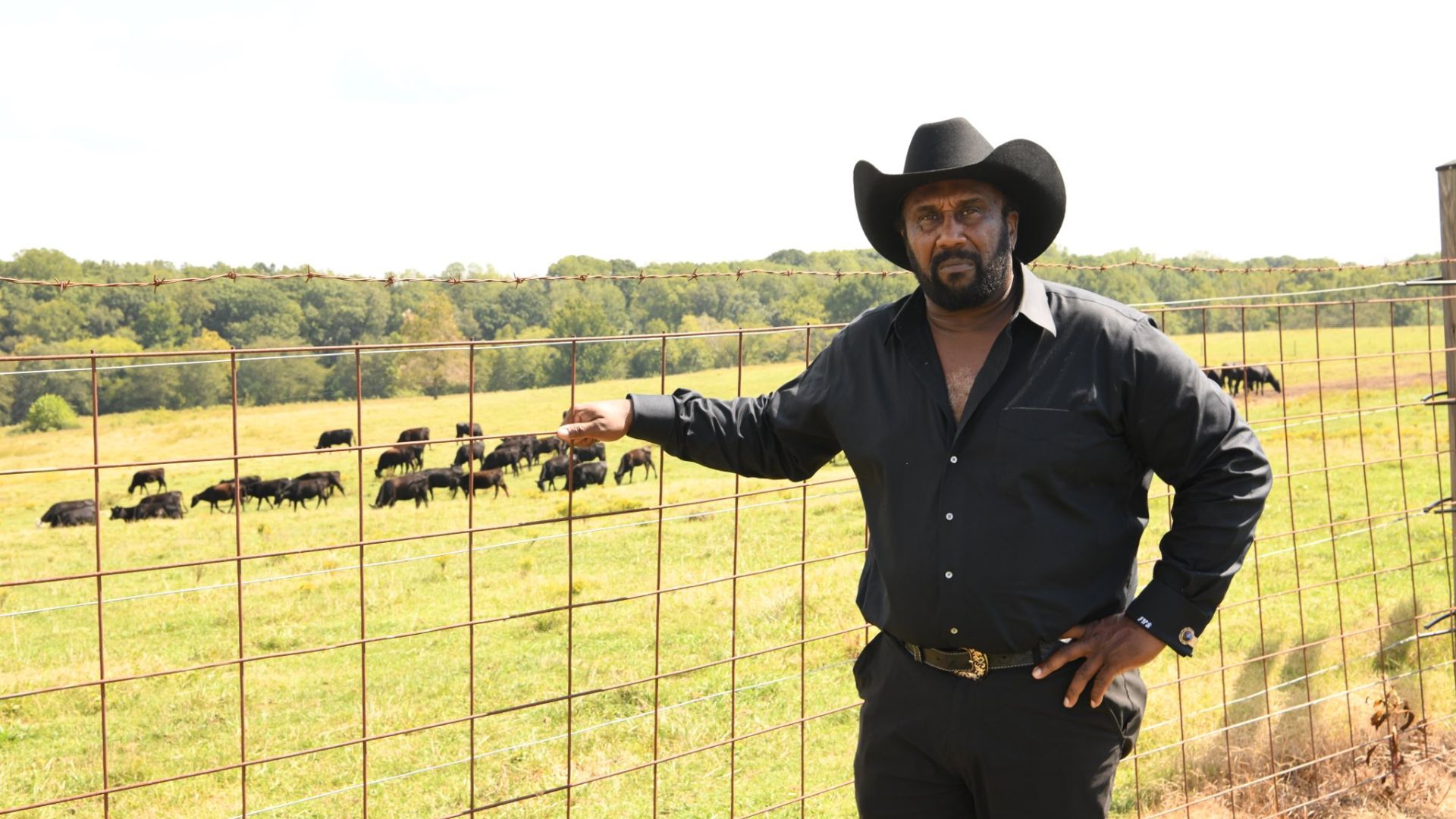
On his podcast, alongside John Boyd Jr., founder of the National Black Farmers Association, Kennedy voiced strong support for rectifying USDA policies.
Boyd Jr. has been actively challenging the Biden administration’s handling of debt relief for minority farmers, pointing out the need for more robust support.
Stalled Support and Judicial Roadblocks
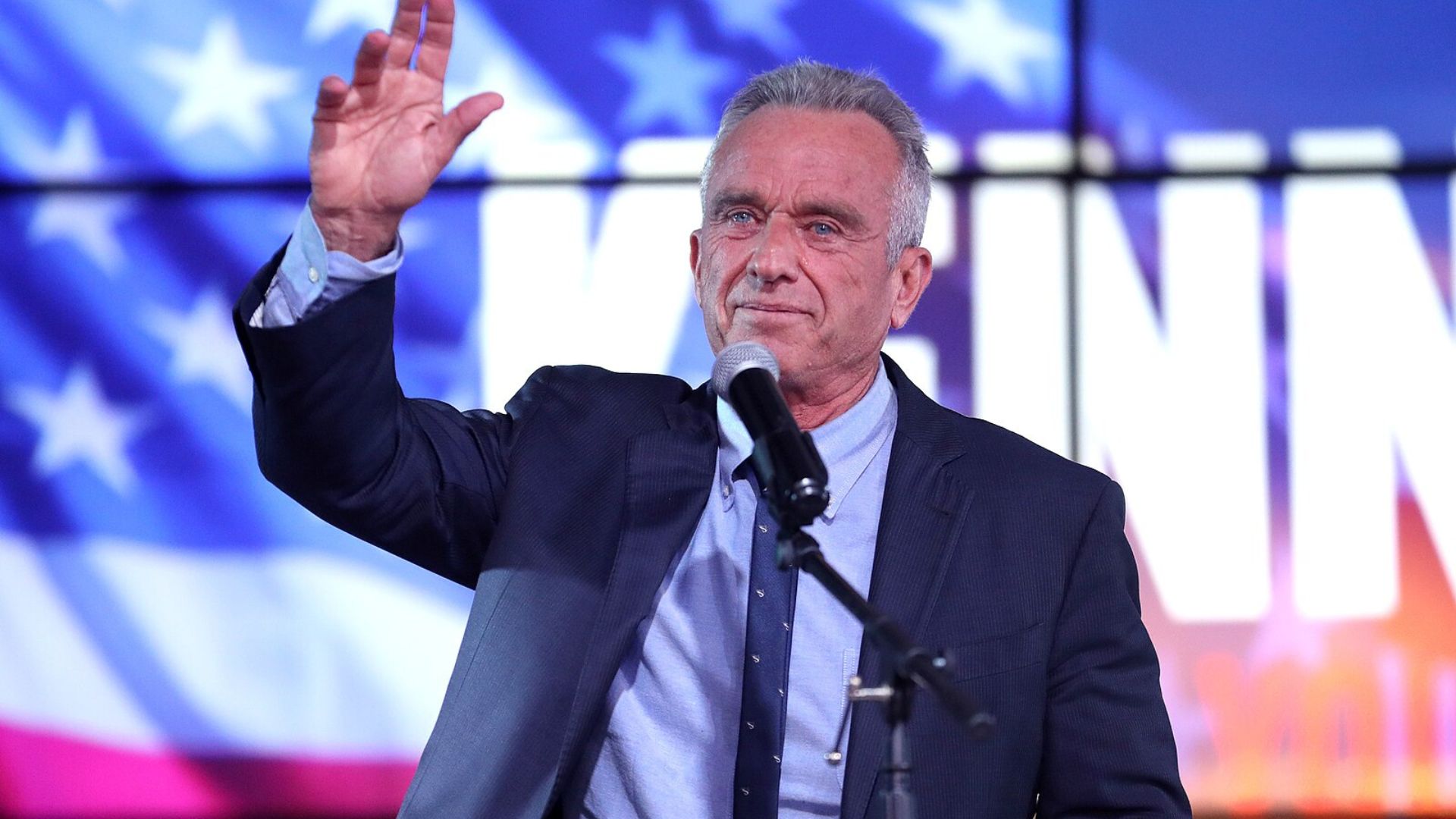
The intended debt relief for minority farmers hit a snag in the courts, stalled by claims from white farmers that the program infringed on their constitutional rights.
Kennedy’s response? A firm commitment to overturn these obstacles and deliver the promised funds when in office.
Not Money, but Entitlement
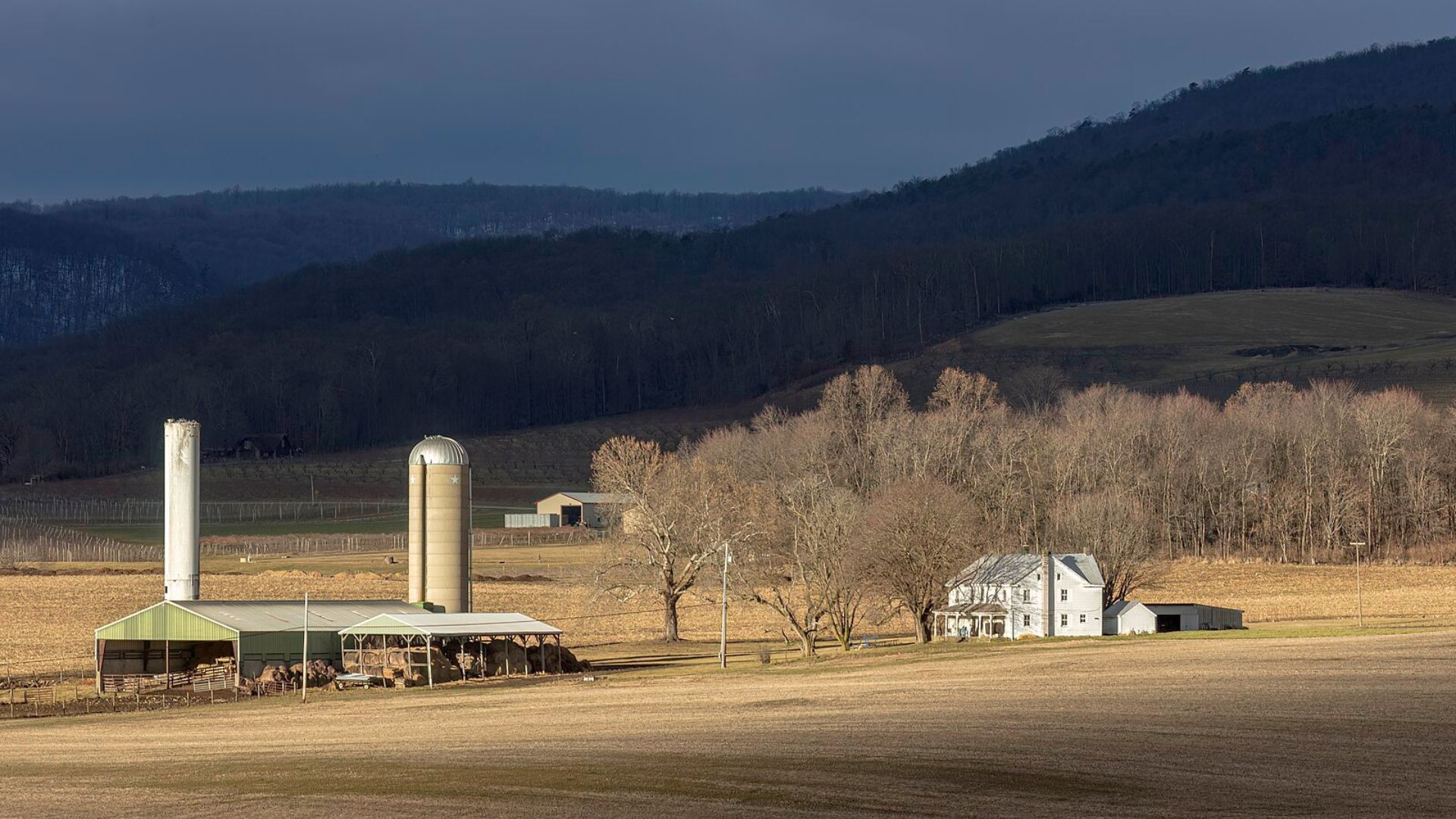
On the podcast, Kennedy made it clear that the $5 billion is “not money, that is an entitlement,” recognizing the historical debts owed to Black farmers.
He emphasized that these funds were long overdue, originally meant as loans and wrongfully withheld due to discriminatory practices.
Modifications Under Political Pressure
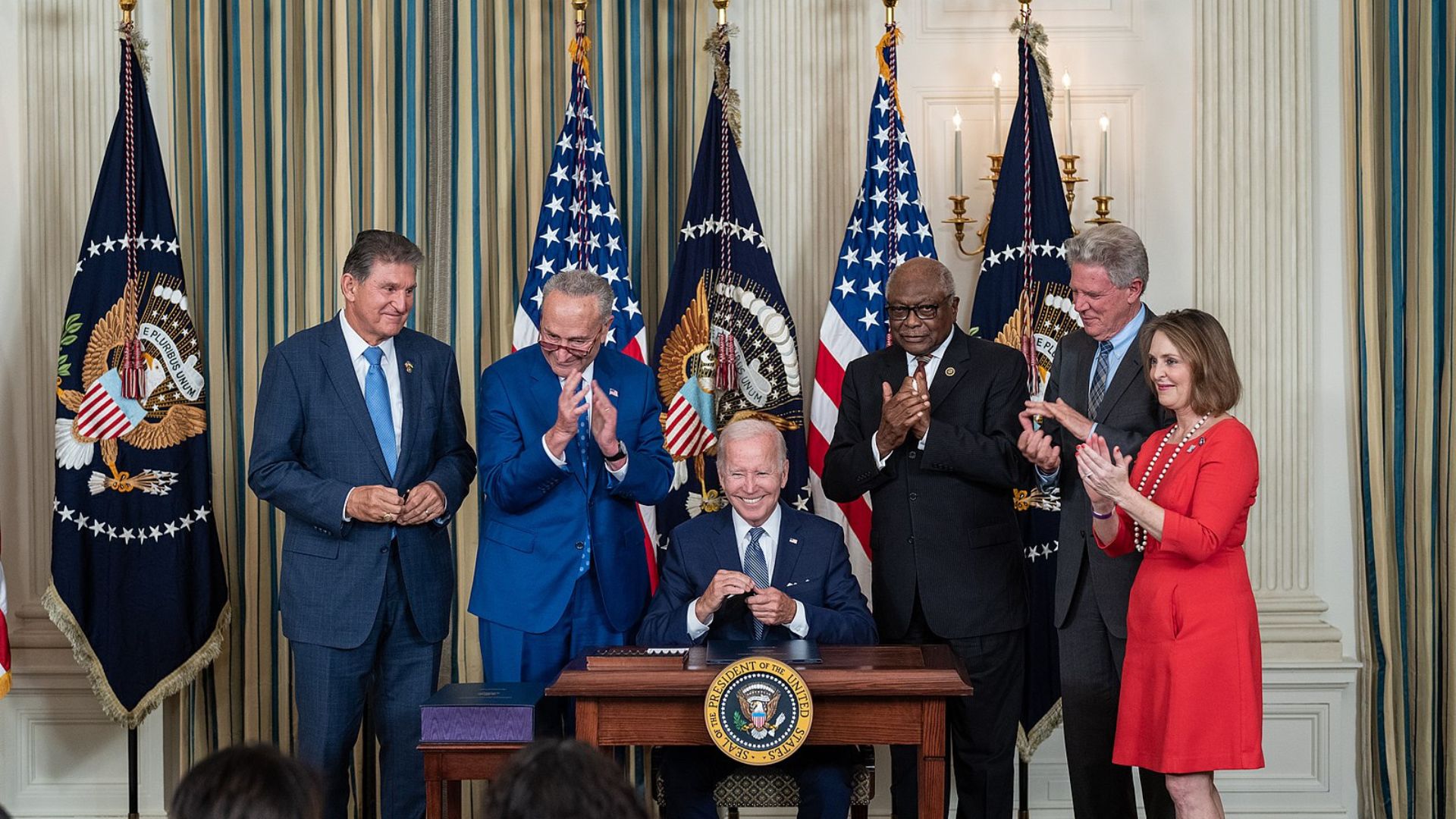
The aid program underwent significant changes after its initial proposal due to political pressure and opposition.
These modifications were incorporated in The Inflation Reduction Act, which restructured the financial support into two separate funds with altered objectives to cater to a broader demographic.
Legal Challenges Escalate
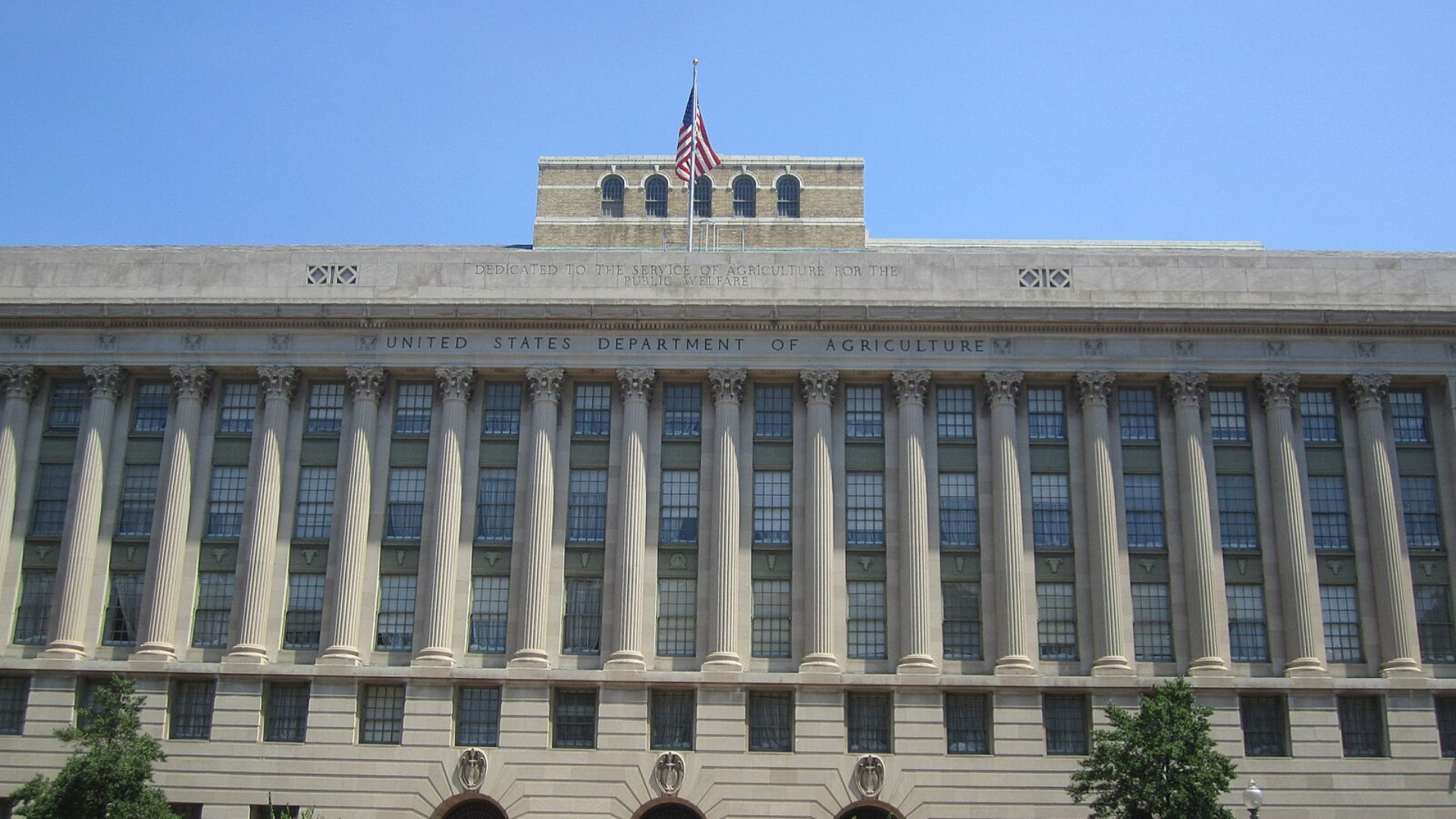
In a turn of events, a collective of farmers from nine states took legal action against the USDA.
They argued that the restructured program excluded white farmers, challenging it as a constitutional violation, leading to a significant legal standoff.
Judicial Setbacks
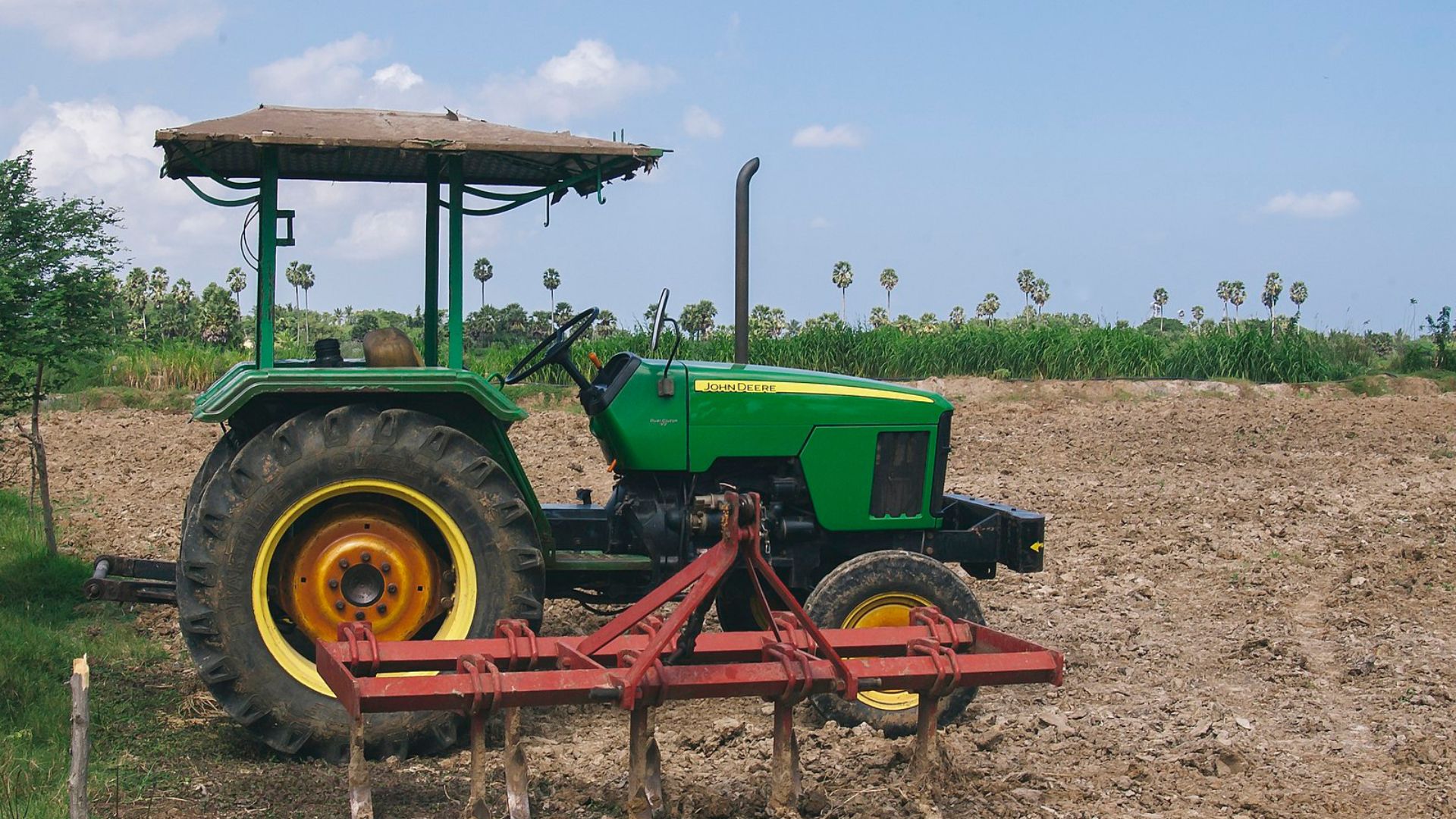
Judge William Griesbach issued a temporary restraining order against the program, criticizing it for failing to adequately justify its focus on minority farmers without imposing hardships on others.
He remarked on the challenges of rectifying one type of discrimination without inadvertently creating another.
The Revised Financial Lifeline
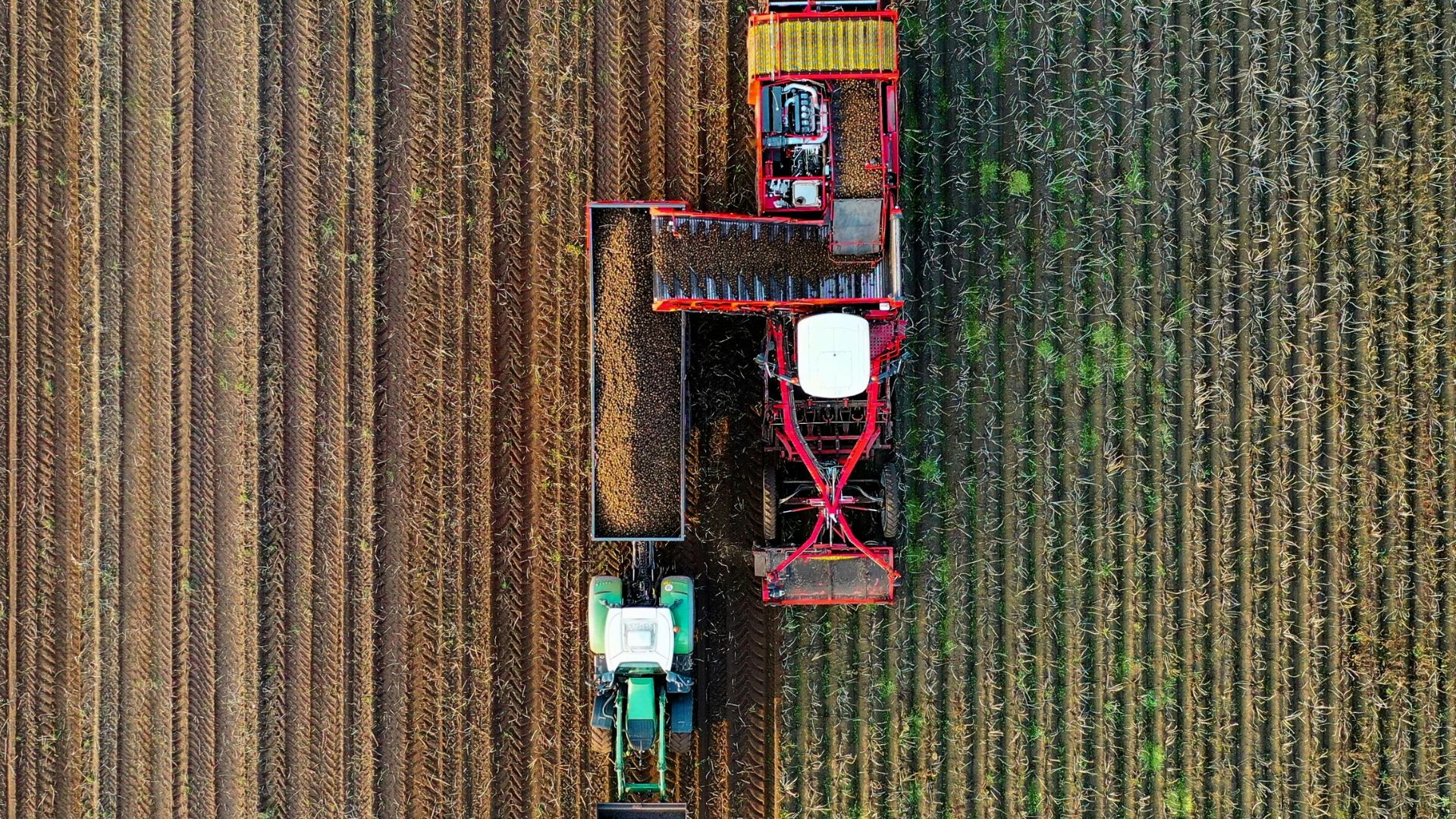
Despite the hurdles, the revised plan allocated $2 billion to continue addressing discrimination, and an additional $3 billion to assist all financially strained farmers.
This illustrates a broader approach to agricultural aid regardless of race.
Continuing the Fight for Justice

Boyd remains a staunch advocate, stating, “This fight is about the land, because we’ve lost so much of it.”
This highlights the deeper historical and emotional layers of the struggle faced by Black farmers and their fight for equity and recognition.
USDA’s Shifting Stance
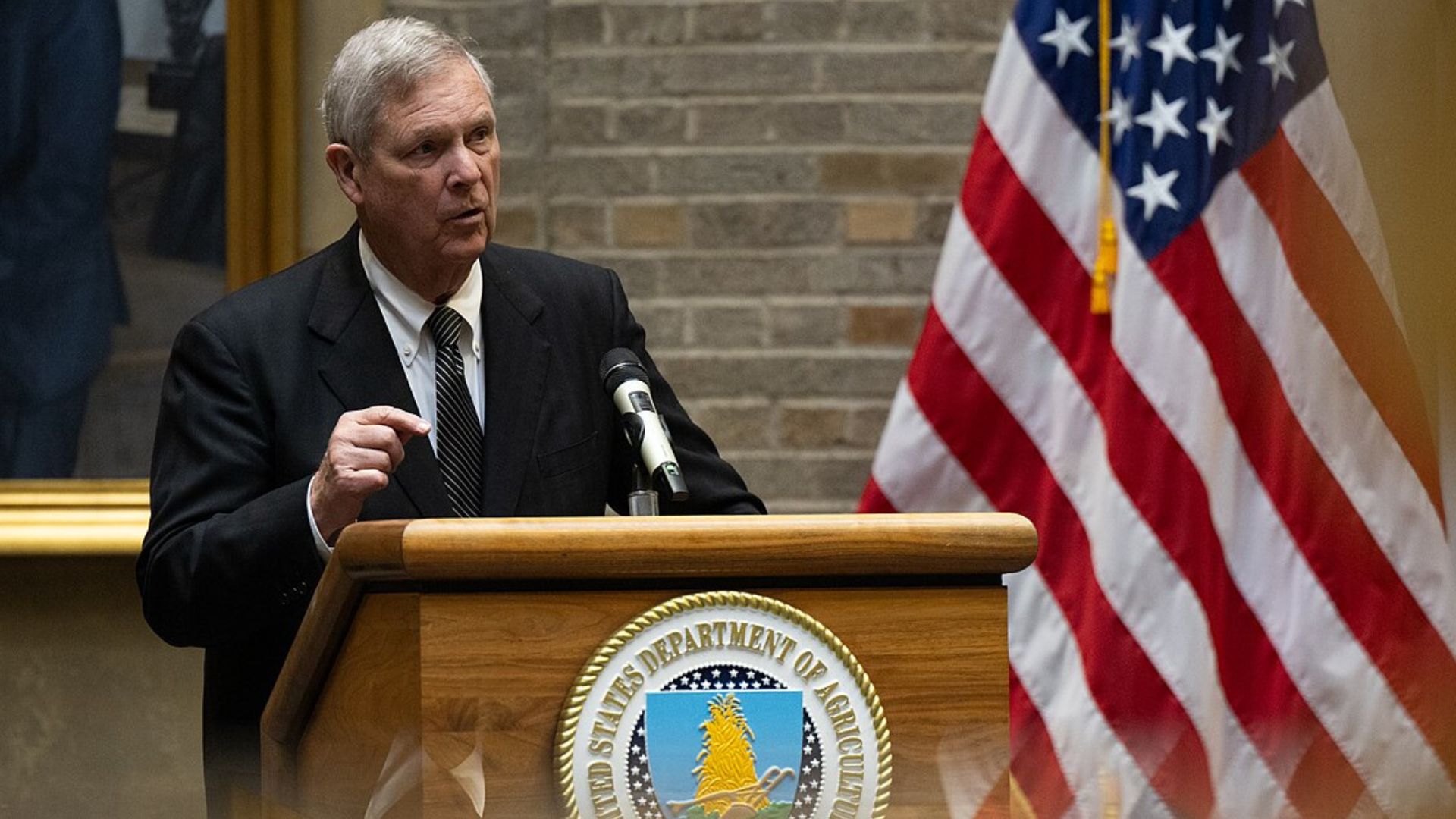
The USDA, initially supportive of the original plan, faced setbacks from legal challenges by white farmers, causing delays that pushed them to adapt their strategy.
Spokesperson Marissa Perry emphasized the urgency in implementing the new provisions to ensure no further delays.
An Unresolved Legacy of Inequality
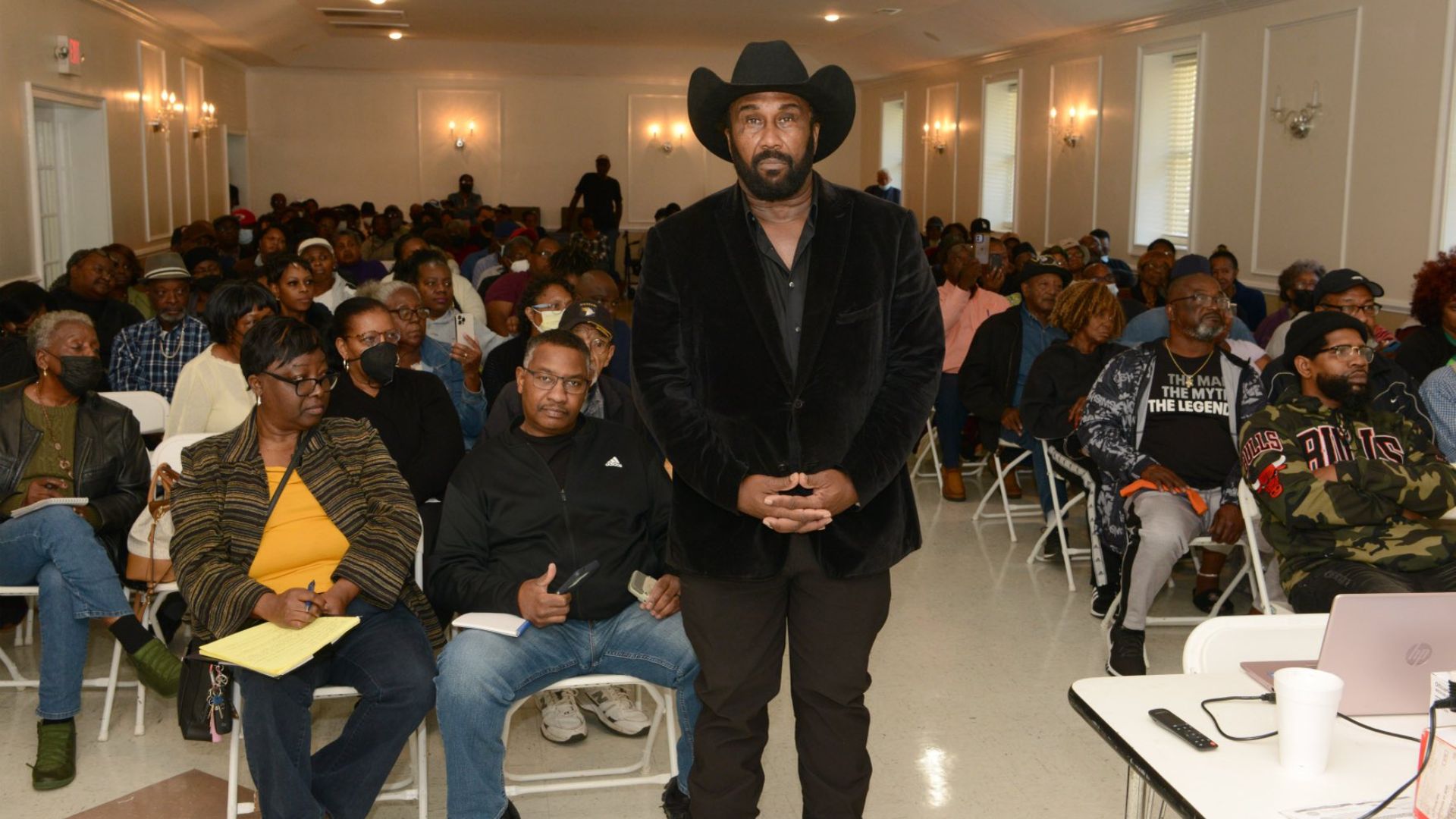
Black farmers have faced long-standing barriers to success, with systemic discrimination limiting their access to necessary agricultural resources and financial support.
Efforts to address these inequities have been ongoing, with federal settlements in 1999 and 2010 acknowledging and attempting to remedy these disparities.
A Century of Decline
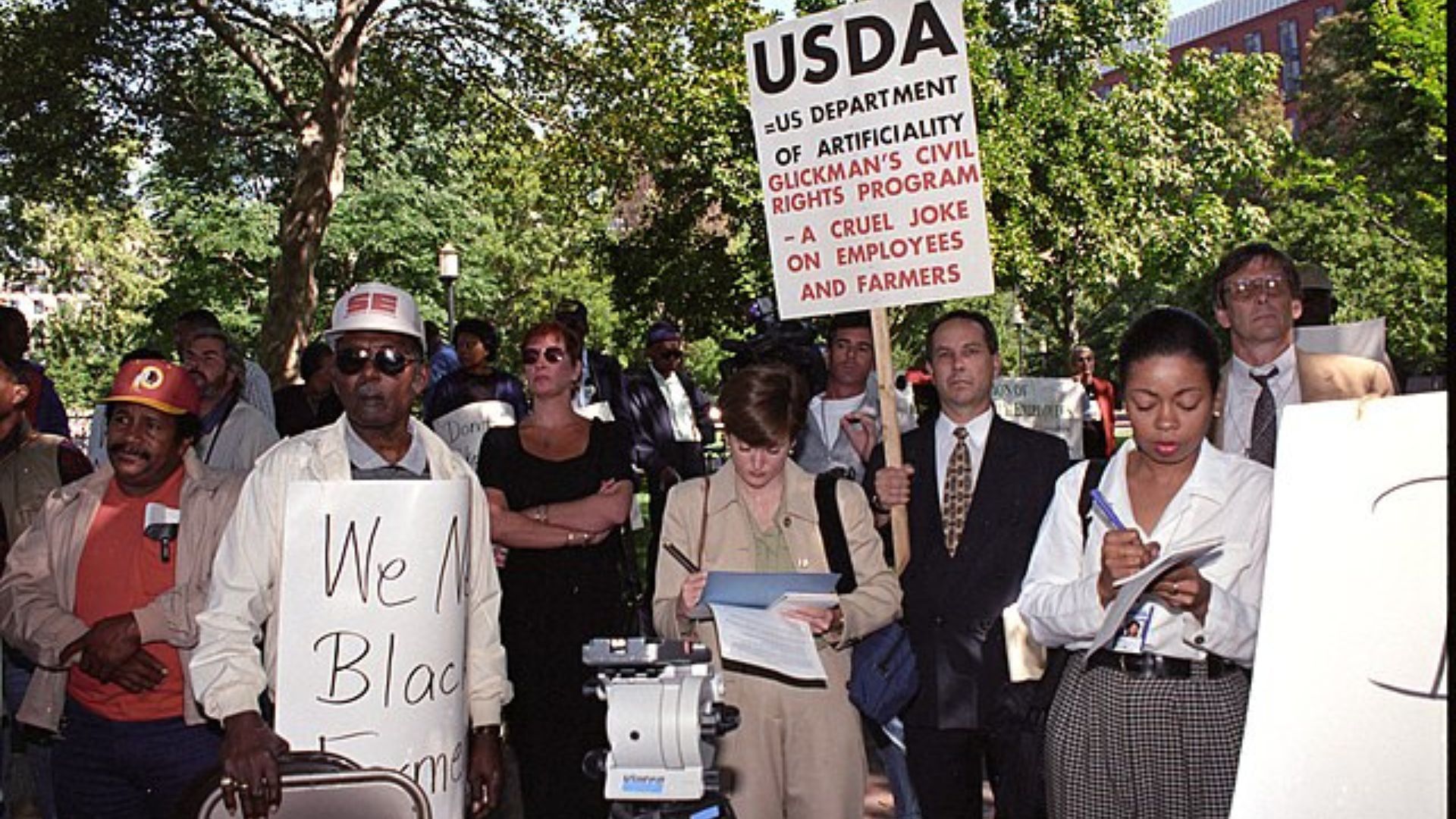
The stark decrease in the number of Black farmers—from one million a century ago to just 45,000 today—demonstrates the persistent challenges and inequalities faced.
This demographic shift highlights the urgent need for targeted support and reforms in agricultural policy to reverse the trend.
